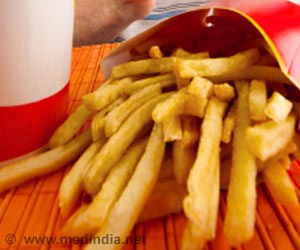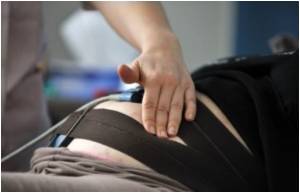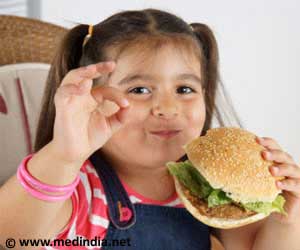Sniffy Parisians, notorious for being hard to please when eating out, are embracing an unlikely culinary phenomenon: fast food.

But fast food is going upmarket in the City of Light. In one 30-minute lunchtime queue stretching around the block, smartly dressed businessmen in ties mingle with hipsters, as they all patiently line up for, yes, the humble kebab, costing 8.50 euros ($11).
This is no ordinary kebab. The meat is milk-fed veal cut into fine slices, supplied by one of Paris's most sought-after butchers, Hugo Desnoyer. The tomatoes are specially selected from south-west France, a lime-coloured variety known as "Green Zebra".
Organic, artisanal bread and a dressing composed of rosemary, pink-hued Lautrec garlic and just a touch of Japanese sake complete this thoroughbred take on a previously humble snack -- one often associated with a hangover prevention strategy.
Welcome to "Grille", one of a new breed of high-class fast-food establishments springing up across Paris. And its cult status has even astonished the restaurant's manager, Jerome Copentipy.
"We opened in July, which is normally a difficult period. The success has taken us completely by surprise," Copentipy says.
Advertisement
"We all have that memory of the 4 am kebab. But kebabs had a bad reputation because of the frozen ingredients and sometimes made from poor quality turkey meat. It was a guilty pleasure, whereas now we can allow ourselves to really enjoy it," Copentipy adds.
Advertisement
In a similar vein, Britons Michael Greenwold and James Whelan are attempting what some might consider the impossible: selling fish and chips to Parisians and asking them to consider the homely British classic as real food.
They too opened their restaurant "The Sunken Chip" in July and it has been full ever since.
Whelan is proud of raising the status of what many French consider the epitome of "inferior" British cuisine.
"All our fish comes from Finistere (Brittany), from a friend. It's all line-caught, never on a huge industrial ship," he explains.
For 14 euros ($18), customers can try fresh hake or monkfish scampi, served with "frites anglaises" and mushy peas. Their onions marinate for five weeks, according to an old recipe.
"We just do one thing, and that's fish and chips, but of the very highest quality," Whelan says.
Across the capital in a covered market, a former contender for TV's Top Chef, Brice Morvent, has become famous for the gourmet hamburgers his customers eat in a fuss-free atmosphere while seated at a bar.
"The generation aged 20-40, we were born with junk food. The temptation is everywhere. We crave it, even if we know it's bad," Morvent says.
Burgers and milk shake recipes feature in his book, "Junk food: 100 Percent Homemade with Fresh Ingredients," published this year.
Morvent believes the organic movement revolutionised fast food, traditionally condemned for overusing processed ingredients with too much added sugar and salt, threatening entire populations with heart disease, obesity and diabetes.
"Organic happened... and it became a possibility to mix proper food with junk, except then it wasn't really junk any more," Morvent says.
Whatever the cause, the barriers between fast food and gastronomy are tumbling down. Even Jean-Francois Piege, one of France's high-profile chefs, serves a "Big burger" in a paper wrapper at his celebrated Thoumieux brasserie in a chic district near the Eiffel Tower.
Source-AFP













